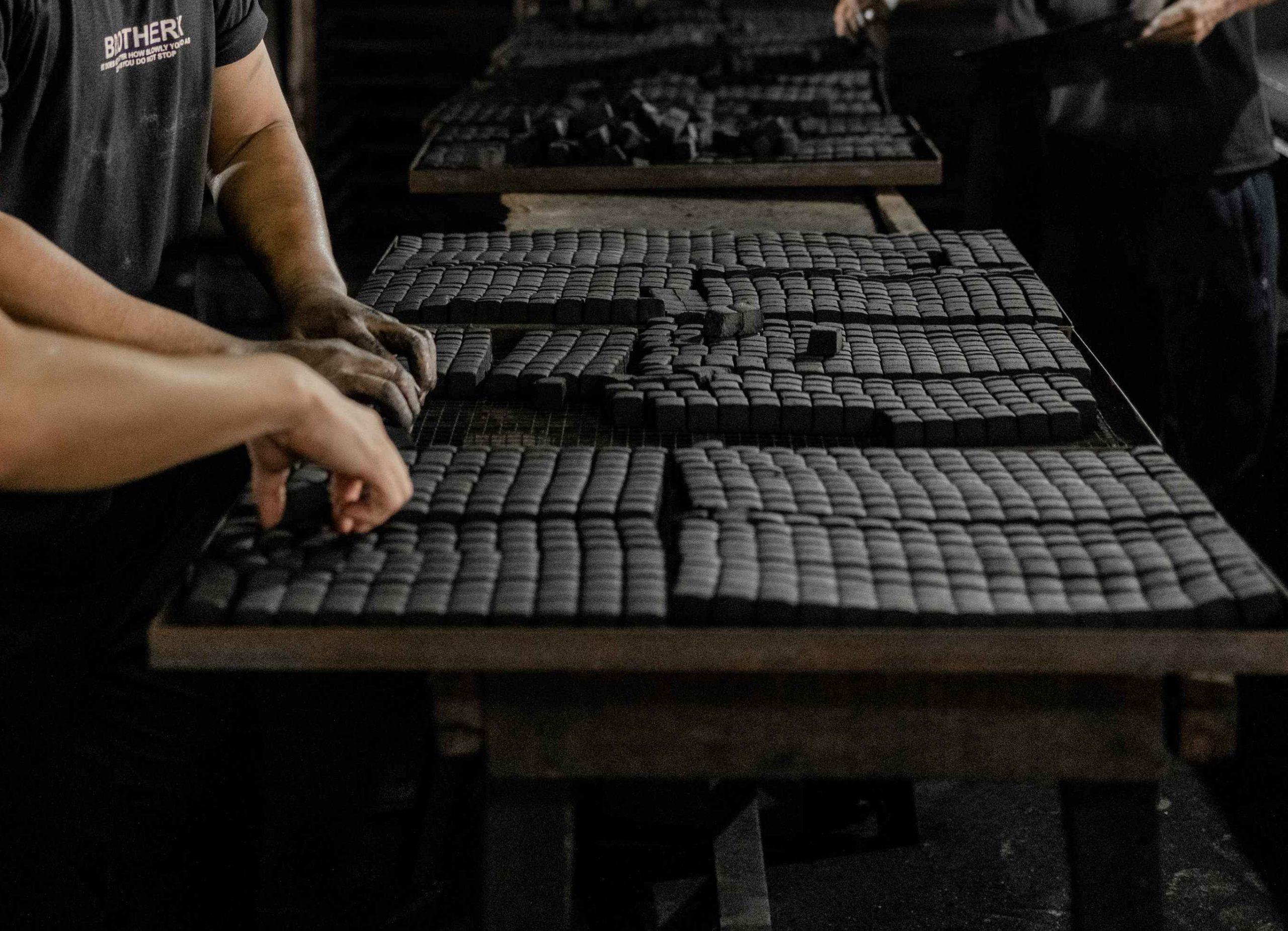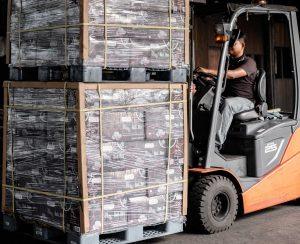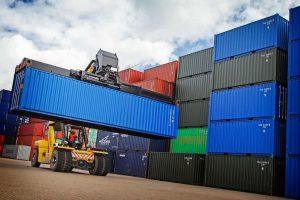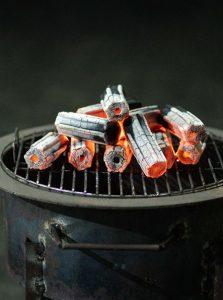Introduction
In today’s global economy, OEM factories (Original Equipment Manufacturers) play a crucial role in ensuring the seamless production and supply of goods across industries. OEMs help businesses create high-quality products without the need for in-house manufacturing, making them an essential part of modern supply chains.
When it comes to the charcoal industry, OEM factories provide a reliable and cost-effective solution for businesses looking to produce premium charcoal products without investing in expensive production facilities. Whether it’s coconut shell briquettes, hexagonal hardwood briquette, or other variations, OEM factories specialize in transforming raw materials into finished goods ready for branding and distribution.
In this guide, we’ll explore the role of OEM factories in charcoal production, the benefits of working with them, and how businesses can find the right manufacturing partner to ensure high-quality and sustainable charcoal production.
What Are OEM Factories?
Definition and Core Functions of OEM Factories
OEM (Original Equipment Manufacturer) factories are specialized production facilities that manufacture products or components based on the specifications provided by another company. These factories do not sell products under their own brand; instead, they produce goods that are later branded and sold by other companies. In the charcoal industry, OEM factories handle the entire manufacturing process—from raw material processing to packaging—while their clients focus on marketing, distribution, and sales.
The primary functions of an OEM factory include:
- Product Manufacturing: Producing high-quality goods according to client specifications.
- Quality Control: Ensuring consistency and adherence to industry standards.
- Customization: Offering branding, labeling, and packaging options.
- Supply Chain Management: Sourcing raw materials and optimizing production efficiency.
Differences Between OEM and Contract Manufacturing
Although the terms “OEM” and “contract manufacturing” are often used interchangeably, there are distinct differences between the two:
| Feature | OEM Manufacturing | Contract Manufacturing |
| Ownership of Design | Client provides specifications, OEM factory executes | Manufacturer may help design and improve products |
| Branding | Products are branded under the client’s name | Manufacturer may produce for multiple brands |
| Production Control | OEM factory manages production and materials | Client may have more control over the manufacturing process |
| Example in Charcoal Industry | A company orders coconut shell briquettes from an OEM factory and sells them under its brand | A manufacturer produces generic charcoal, which multiple brands can purchase and repackage |
Examples of OEM Factories in the Charcoal Industry
Many businesses in the charcoal industry rely on OEM factories to produce high-quality products under their private labels. Some common examples include:
- Coconut Shell Briquette OEMs: Producing premium charcoal briquettes for international brands.
- Hexagonal Hardwood Briquette Manufacturers: Supplying restaurant-grade charcoal for grilling companies.
- Shisha Charcoal OEMs: Crafting specialized hookah charcoal with specific burning properties.
These factories are commonly found in countries with abundant raw materials, such as Indonesia, Thailand, and Vietnam, where coconut shells and hardwood resources are readily available for sustainable charcoal production.
Benefits of Partnering with an OEM Factory for Charcoal Production
Working with an OEM factory for charcoal production offers numerous advantages for businesses looking to scale efficiently while maintaining product quality. From cost savings to increased production capacity, OEM partnerships allow brands to focus on marketing and distribution while leaving the manufacturing process to experts.
1. Cost Efficiency in Production
Setting up a charcoal manufacturing facility requires significant investments in equipment, raw materials, and labor. By partnering with an OEM factory, businesses can avoid these upfront costs and benefit from economies of scale. OEM factories already have the necessary infrastructure and supply chain relationships, reducing overall production expenses.
2. Focus on Branding and Marketing
Instead of managing the complexities of production, businesses that work with OEM factories can focus on building their brand, expanding their market reach, and enhancing customer relationships. With manufacturing handled by a trusted partner, companies can invest more in packaging design, advertising, and sales strategies.
3. Access to Advanced Technology and Manufacturing Expertise
OEM factories specialize in charcoal production and often invest in advanced manufacturing techniques to improve efficiency and product quality. Some key technological advantages include:
- High-efficiency carbonization kilns for consistent charcoal quality.
- Automated briquette shaping machines for uniform product sizes.
- State-of-the-art drying systems to ensure proper moisture control.
These technologies help maintain high standards while reducing production waste.
4. Scalability and Increased Production Capacity
As demand grows, businesses need the ability to scale their production without delays or supply chain disruptions. OEM factories provide the flexibility to increase output as needed, ensuring a steady supply of charcoal products. This is particularly beneficial for brands expanding into international markets or securing bulk supply contracts.
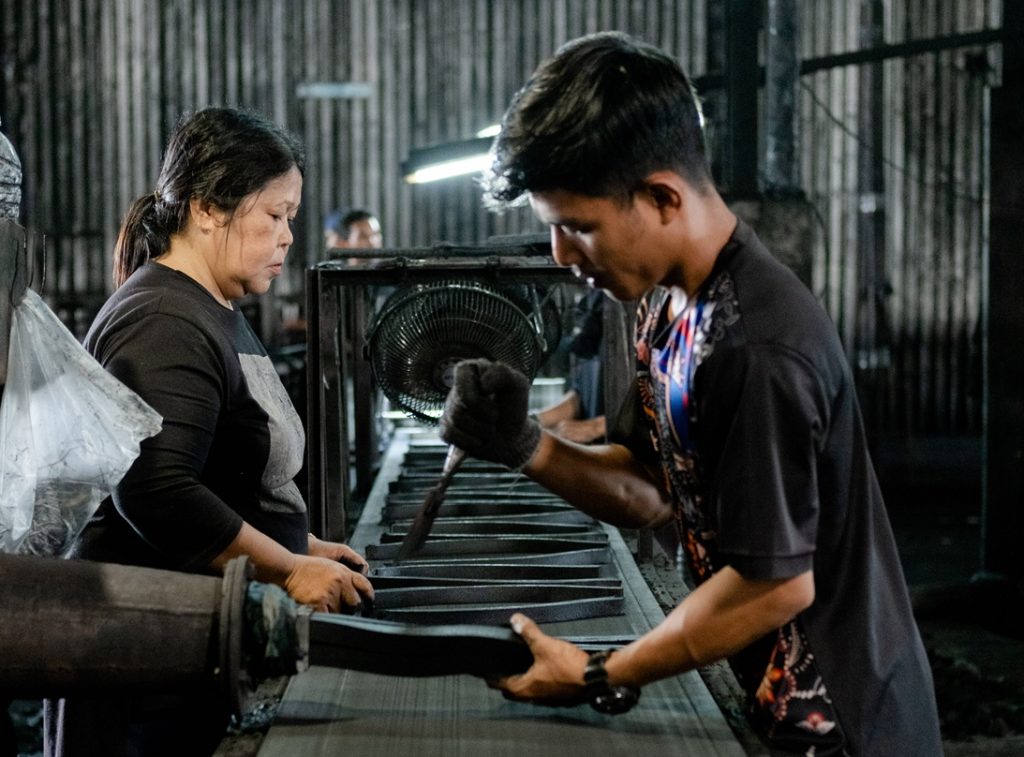
The Charcoal Manufacturing Process in OEM Factories
OEM charcoal factories follow a meticulous manufacturing process to ensure high-quality, efficient, and sustainable production. This process involves several key stages, from raw material selection to final quality control before shipment.
1. Raw Material Sourcing
The foundation of premium charcoal production lies in selecting high-quality raw materials. Common sources include:
- Coconut Shells – A sustainable and eco-friendly option, widely used for shisha and briquette charcoal.
- Hardwood – Used for lump charcoal, preferred for grilling due to its long burn time and strong heat output.
- Bamboo and Other Biomass – Alternative raw materials gaining popularity for their renewable properties.
Reliable OEM factories source these materials from certified and sustainable suppliers, ensuring both environmental responsibility and consistent quality.
2. Carbonization Process
Carbonization is the process of converting raw materials into charcoal through controlled heating in an oxygen-limited environment. This step is crucial for producing charcoal with high carbon content and minimal impurities.
- Traditional Kilns – Some factories use earth or brick kilns, but these are less efficient.
- Modern Carbonization Chambers – Advanced factories use high-efficiency retort systems that reduce emissions and improve yield.
- Temperature Control – Carbonization typically occurs between 400°C and 700°C, depending on the type of charcoal being produced.
Proper carbonization enhances the burning properties of the final product, making it smokeless, odorless, and long-lasting.
3. Briquette Production and Shaping
For charcoal briquettes, the carbonized material is crushed into fine powder and mixed with natural binders like starch. The mixture is then shaped using high-pressure molding machines. Common briquette shapes include:
- Cubes – Popular for shisha and hookah charcoal.
- Hexagonal or Pillow Shapes – Preferred for BBQ and grilling due to better airflow.
Shaping machines ensure uniform size and density, improving combustion efficiency and consistency.
4. Drying and Quality Control Measures
Before packaging, the briquettes undergo a drying process to reduce moisture content and enhance durability. Key quality control measures include:
- Moisture Content Testing – Ensures the final product remains below the standard moisture threshold (usually under 5%).
- Ash Content Analysis – Determines the purity and efficiency of the charcoal.
- Burn Time and Heat Output Testing – Confirms that the product meets performance standards for grilling or shisha use.
Factories with strict quality control protocols ensure that every batch meets international market requirements.
5. Packaging and Branding
Once the charcoal passes all quality checks, it is packed according to client specifications. OEM factories offer:
- Private Labeling – Custom branding, logo printing, and packaging design.
- Vacuum-Sealed or Paper Bag Packaging – Options for different market preferences.
- Bulk or Retail Packaging – Based on customer needs (e.g., 1kg, 10kg, or 20kg bags).
Proper packaging ensures safe transportation and long shelf life while enhancing brand presentation.
Key Factors to Consider When Choosing an OEM Factory
Selecting the right OEM factory is critical to ensuring high-quality charcoal production, brand reputation, and long-term business success. Here are the most important factors to evaluate when choosing a manufacturing partner.
1. Manufacturing Capabilities and Production Capacity
Assess whether the factory has the necessary infrastructure and technology to meet your production demands. Consider:
- Production Volume – Can they handle bulk orders and scale as your business grows?
- Technology and Equipment – Do they use modern carbonization, briquette molding, and drying systems?
- Automation vs. Manual Processes – Automated production lines generally ensure more consistency and efficiency.
A factory with advanced machinery and a high output capacity can provide reliable supply without delays.
2. Sustainability Practices in Production
Sustainability is increasingly important for both regulatory compliance and consumer preference. Consider:
- Eco-Friendly Carbonization Methods – Factories using modern kilns or retort systems reduce emissions.
- Use of Renewable Raw Materials – Coconut shell charcoal is more sustainable than hardwood.
- Waste Management Policies – Responsible factories minimize waste and repurpose by-products.
Partnering with an environmentally responsible OEM factory can enhance your brand’s appeal in eco-conscious markets.
3. Customization Options (Branding and Private Labeling)
If you want to build a unique brand, ensure that the OEM factory offers customization services. These may include:
- Private Labeling – Your logo, packaging, and branding on the final product.
- Custom Product Specifications – Different shapes, sizes, and formulas for unique charcoal performance.
- Flexible Packaging Solutions – Various bag sizes, material types, and designs.
Customization options allow you to differentiate your products and strengthen brand identity.
4. Reputation and Reliability of the OEM Factory
Before finalizing a partnership, research the factory’s reputation and track record. Key ways to assess reliability include:
- Client Testimonials and Reviews – Feedback from other brands they’ve worked with.
- Factory Visit or Virtual Tour – Inspect facilities, production processes, and working conditions.
- Sample Orders – Testing product quality before committing to bulk orders.
A well-established factory with a proven history of delivering high-quality products on time is a valuable business partner.
How to Find and Work with a Reliable OEM Factory
Finding the right OEM charcoal manufacturer and establishing a successful partnership requires careful research, evaluation, and ongoing collaboration. Here’s a step-by-step guide to help you identify and work with a trustworthy OEM factory.
1. Where to Search for Reputable OEM Charcoal Manufacturers
There are several ways to find OEM factories that specialize in charcoal production:
- Trade Shows and Industry Expos – Events like the China Import and Export Fair (Canton Fair) or specialized charcoal trade fairs are great places to meet manufacturers.
- Online B2B Platforms – Websites like Alibaba, Global Sources, and Made-in-China list verified OEM manufacturers.
- Industry Networks and Referrals – Connecting with business owners in the charcoal industry can lead to trusted factory recommendations.
- Government and Trade Associations – Many countries have official directories of certified manufacturers.
2. Evaluating Factory Partnerships Through Samples and Site Visits
Before committing to an OEM partner, it’s essential to assess product quality and factory capabilities:
- Request Samples – Order a small batch to test burn time, ash content, and overall performance.
- Conduct a Factory Visit – If possible, visit the facility to check cleanliness, equipment, and worker conditions.
- Ask for References – A reputable factory should have existing clients willing to share their experiences.
3. Negotiating Contracts and Pricing for OEM Services
Once you’ve identified a reliable factory, the next step is negotiating terms that protect both parties. Consider:
- Minimum Order Quantities (MOQs) – Understand how much you need to order per batch.
- Pricing Structure – Ensure pricing covers production, packaging, and shipping while keeping your profit margins viable.
- Lead Times and Delivery Schedules – Agree on production timelines to avoid supply chain disruptions.
- Quality Assurance and Refund Policies – Define terms for defective products or order inconsistencies.
4. Ensuring Long-Term Partnerships with Quality Assurance
Building a strong relationship with your OEM factory ensures consistent supply and product quality. Best practices include:
- Regular Quality Checks – Schedule periodic product inspections or third-party audits.
- Clear Communication – Maintain open channels with the factory to address any concerns promptly.
- Long-Term Commitment – Reliable factories prioritize long-term clients, so fostering a stable partnership can lead to better pricing and service.
By carefully selecting and managing an OEM partnership, businesses can ensure smooth operations and a high-quality charcoal supply.
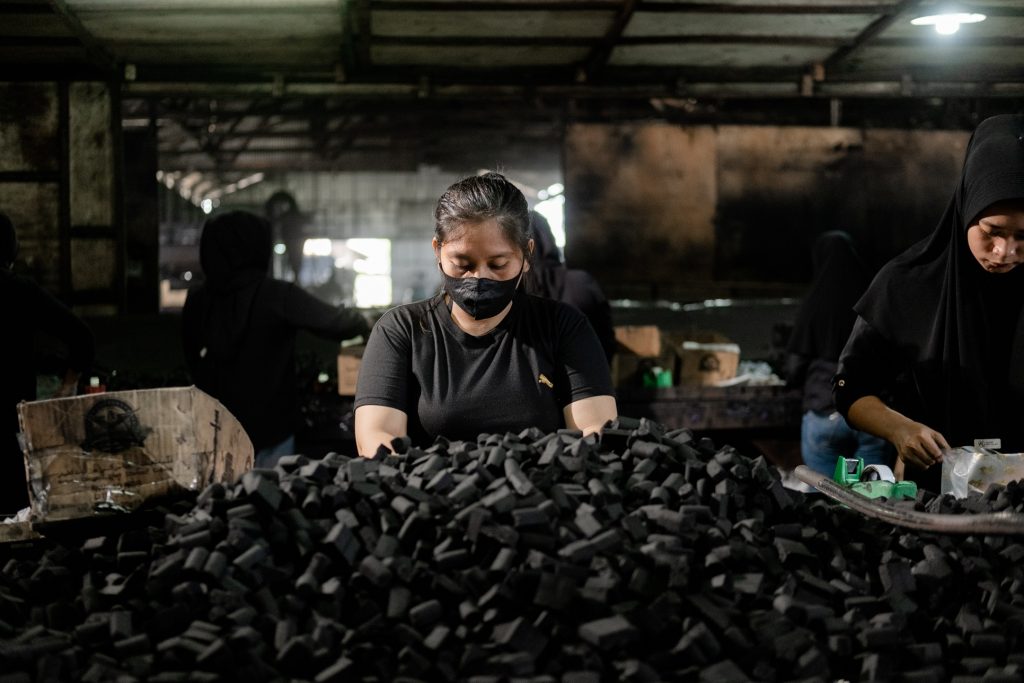
Common Challenges in OEM Charcoal Manufacturing
While working with an OEM factory offers numerous advantages, there are also challenges that businesses must anticipate and manage. From supply chain disruptions to quality control issues, understanding potential risks can help you develop strategies to mitigate them.
1. Supply Chain Risks and How to Mitigate Them
OEM charcoal manufacturing relies on a steady supply of raw materials, transportation logistics, and factory operations. Potential supply risks include:
- Raw Material Shortages – Factors like weather conditions, deforestation regulations, or geopolitical instability can impact the availability of coconut shells or hardwood.
Solution: Work with multiple suppliers and ensure the factory has backup sourcing strategies. - Shipping Delays – International logistics disruptions, port congestion, or customs clearance issues can affect delivery timelines.
Solution: Plan inventory ahead of time and consider alternative shipping routes or express freight options. - Price Fluctuations – The cost of raw materials, energy, and labor can fluctuate, affecting overall production costs.
Solution: Secure long-term contracts with the OEM factory to lock in stable pricing when possible.
2. Quality Control Issues and Solutions
Maintaining consistent charcoal quality is essential for brand reputation and customer satisfaction. Common quality issues include:
- Variability in Carbonization – Improperly carbonized charcoal may produce excessive smoke or contain unwanted residues.
Solution: Work with factories that use advanced carbonization techniques and enforce strict quality control. - Inconsistent Briquette Density and Size – Poorly pressed briquettes can break easily or burn unevenly.
Solution: Conduct random sampling and test burn performance before accepting shipments. - Moisture and Ash Content Problems – High moisture levels can affect ignition, while excessive ash reduces efficiency.
Solution: Request detailed quality reports and moisture content testing before production.
3. Navigating International Trade Regulations
When exporting charcoal products, businesses must comply with various international regulations, including:
- Customs and Tariffs – Different countries impose import duties on charcoal products.
Solution: Research applicable taxes and factor them into pricing strategies. - Environmental and Safety Regulations – Some markets require specific certifications for food-grade or sustainable charcoal.
Solution: Ensure the OEM factory meets global standards. - Export Restrictions – Some regions impose restrictions on certain types of charcoal to prevent deforestation.
Solution: Verify compliance with export laws and choose sustainable raw materials.
Conclusion
OEM factories play a crucial role in the charcoal industry, enabling businesses to produce high-quality products without the burden of managing manufacturing operations. By outsourcing production to specialized factories, brands can focus on marketing, distribution, and business growth while ensuring a consistent supply of premium charcoal.
Partnering with an OEM factory offers multiple advantages, including cost efficiency, access to advanced manufacturing technology, and scalability. However, selecting the right factory requires careful evaluation of OEM quality standards, sustainability practices, and reliability. Conducting factory visits, requesting product samples, and negotiating clear contract terms are essential steps in securing a trustworthy manufacturing partner.
While challenges such as supply chain risks, quality control issues, and regulatory compliance exist, businesses that take a proactive approach can mitigate these risks effectively. By choosing a well-established OEM factory and fostering a long-term OEM partnership, companies can maintain a steady supply of top-tier charcoal products and expand their market reach.
Whether you are launching a new charcoal product or looking to scale your existing business, partnering with the right OEM factory can be a game-changer. By following best practices in sourcing, production management, and quality assurance, you can ensure that your charcoal products meet the highest industry standards while building a strong and recognizable brand.
If you are looking for an OEM factory, you can visit us on this site. At OmniCo, we offer a variety of natural charcoal products to suit your needs. We have shisha coconut charcoal, BBQ coconut charcoal, and hexagonal hardwood charcoal.
